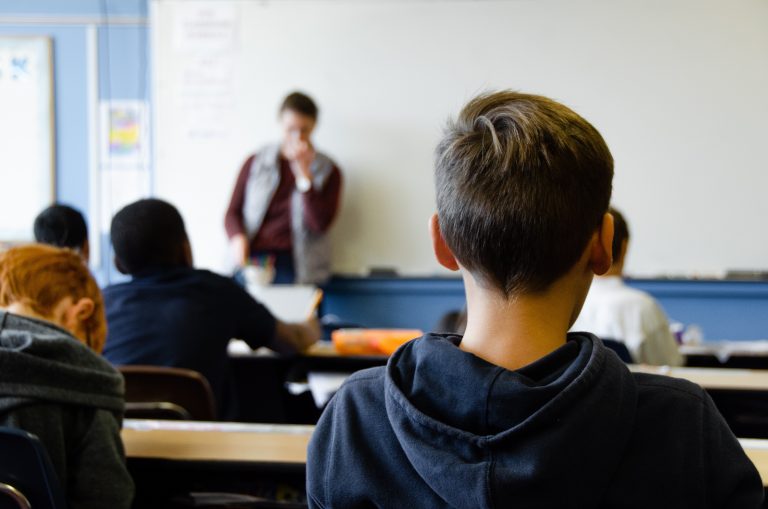Not being able to hear well can impact many aspects of your child’s development, including their school performance. If they have a hard time keeping up, it can be really frustrating for them and cause them to act out. Because certain behaviors caused by hearing loss are also associated with learning disabilities, it may be the case that your child is misdiagnosed. Below we review how common hearing loss in children is, how the symptoms of hearing loss can mimic those of a learning disability and how you can help your child.
Hearing Loss in Children Is Common
According to the CDC, approximately 15% of school-age children between the ages of six and 19 have hearing loss of at least 16 decibels in one or both ears. Additionally, .1% have severe hearing loss.
Furthermore, the American Speech-Language-Hearing Association (ASHA) reports that children with mild to moderate untreated hearing loss are likely to be one to four grade levels behind their peers with normal hearing, and those with severe untreated hearing loss often do not progress beyond third-grade level.
However, with the right intervention, students with hearing loss can be successful in school.
Overlap of Hearing Loss & Learning Disability Symptoms
It’s common for both students with hearing loss and students with learning disabilities to be frustrated if they can’t follow along or keep up in class. This can lead to certain behaviors, including:
- Inappropriate responses to questions
- Trouble following directions
- Speech problems
How to Help a Child with Hearing Loss
Both parents and teachers in the Georgetown Independent School District should be on the lookout for signs of problems in school. Because hearing loss can be diagnosed with objective tests, the most logical first step is to confirm or rule out a hearing loss diagnosis before moving on to determine whether the child has a learning disability.
If your child does have hearing loss, hearing aids or cochlear implants may be recommended. According to Bruce Tomblin, professor in the University of Iowa’s Department of Communication Sciences and Disorders, “Researchers and clinicians have assumed that that hearing aids should be good for hard-of-hearing youth in terms of learning, speech, language, and socialization… Our research now provides strong evidence in support of these expectations.”
To learn more or to schedule an appointment with a hearing expert, call Hill Country Audiology today.
